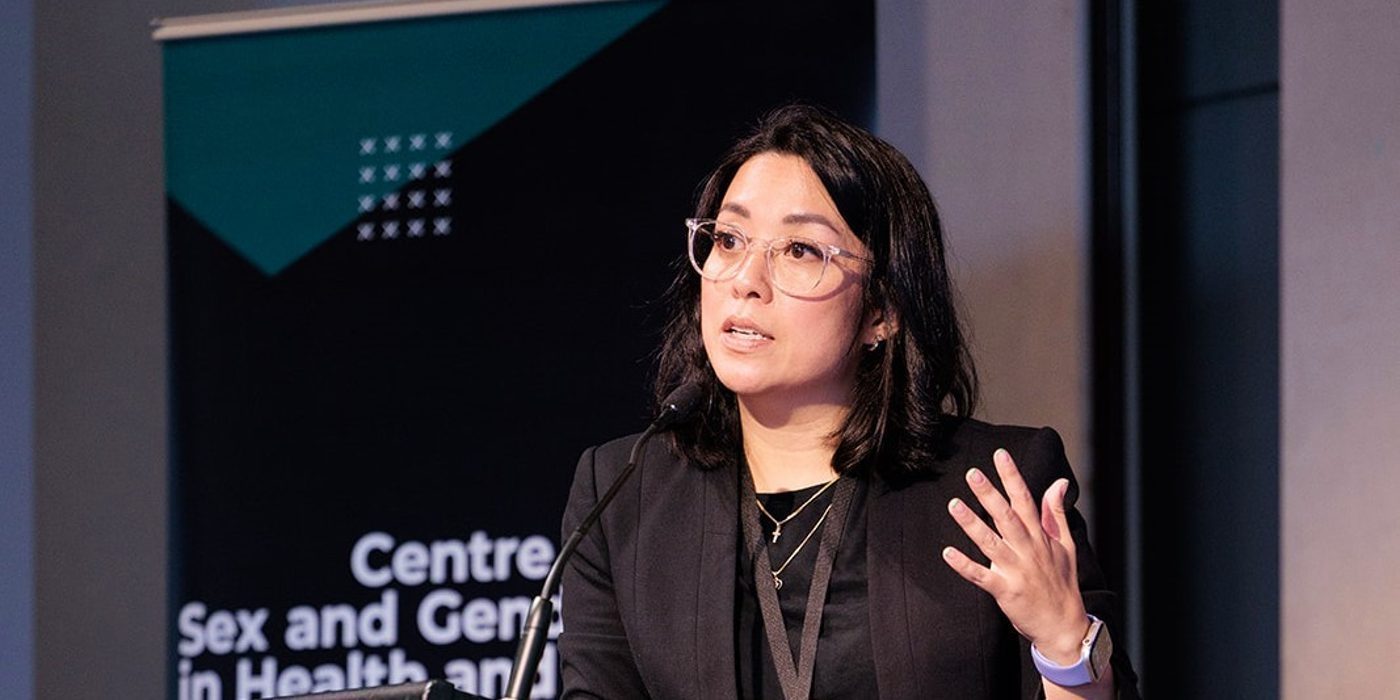There is evidence of growing industry-wide support for increasing sex and gender integration into local health and medical research, according to the most recent review of funders’ and institutions’ policies, published in the Medical Journal of Australia (MJA) today.
Conducted as part of foundational work that culminated in the establishment of the national Centre for Sex and Gender Equity in Health and Medicine, the research involved a survey of stakeholders comprising medical research institutes, granting agencies, advocates, academia, journals, and policy-setting bodies, as well as a broader website audit. A total of 65 organisations were identified.
Of 20 organisations that responded to the survey, 13 either already had a sex and gender specific policy in place or intended to develop one within two years. Further, 57 (88%) of organisations reviewed via web audit had some type of policy although less than a fifth (18%) published these on their websites.
The research was undertaken because clinically significant sex and gender differences can impact all stages of medical care. Without considering these variations, medical treatment and practice cannot be precisely tailored, potentially contributing to harmful health outcomes including negative side effects and gaps in healthcare across all categories of people.
Lead author and head of the Brain Health Program in Australia at The George Institute, associate professor Cheryl Carcel, said the results showed a marked improvement from an earlier benchmarking survey, which found a significant lack of sex and gender integration policies across majority of funding agencies and peer-reviewed journals.
“While we are seeing increased commitment towards integration of sex and gender into medical research policies, there are barriers organisations cited, including lack of tools and training, differing language definitions, lack of content expertise and local examples of successful policies,” said A/Prof Carcel.
“This leaves a majority of the organisations looking at external, national or international guidelines around ethics, study design and medical publishing, to inform their own policies, resulting in inconsistency in the policies and resources.”
In comparable markets like the U.S., Cananda and the European Union, successful integration of sex and gender policies in medical research has been supported by multi-stakeholder collaboration.
“In Australia, inter-organisational collaboration could facilitate the development and delivery of training tools, resources and workshops, direct government investment, and providing incentives to support policy development and implementation. This work is part of the vision of the Centre, which is designed to support these ongoing conversations,” she said.









